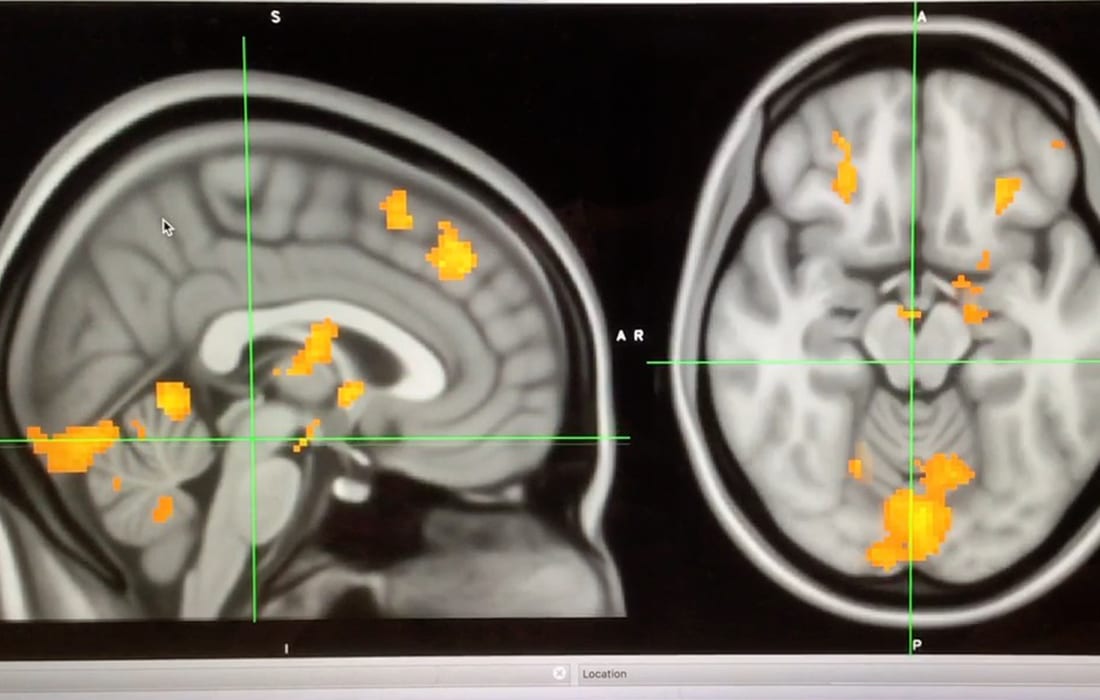“This study contributes to a growing body of evidence that music processing may piggyback upon cognitive mechanisms that originally evolved to facilitate social interaction.” — Zachary Wallmark, SMU
KERA journalist Justin Martin covered the research of Zachary Wallmark, an assistant professor in the SMU Meadows School of the Arts. Wallmark’s study with researchers at UCLA found that people with higher empathy differ from others in the way their brains process music.
The SMU-UCLA study is the first to find evidence supporting a neural account of the music-empathy connection. Also, it is among the first to use functional magnetic resonance imaging (fMRI) to explore how empathy affects the way we perceive music.
The researchers found that compared to low empathy people, those with higher empathy process familiar music with greater involvement of the reward system of the brain, as well as in areas responsible for processing social information.
“This may indicate that music is being perceived weakly as a kind of social entity, as an imagined or virtual human presence,” Wallmark has said. He is director of the MuSci Lab at SMU, an interdisciplinary research collective that studies — among other things — how music affects the brain.
Listen to the KERA interview, which aired June 20, 2018.
EXCERPT:
By Justin Martin
KERA News
A new study from Southern Methodist University shows that empathetic people — those who are generally more sensitive to the feelings of others — receive more pleasure from listening to music, and their brains show increased activity in areas associated with social interactions.Researchers interviewed participants about their taste in music — songs they loved and others they hated. Then, participants were put into an MRI scanner and played different selections, including unfamiliar tunes, and researchers studied how their brain reacted to them.
All participants experienced positive activity in the brain when listening to music they loved, says Zachary Wallmark, an assistant professor of musicology at SMU, who led the study. This activity increased for empathetic people.
When played unfamiliar music they didn’t like, empathetic participants still showed activity in the dorsolateral prefrontal cortex of the brain, an area associated with executive control and regulation of emotional reactions, Wallmark says.
“What this suggested to us is that these empathic people are hearing new music…and they tell us they dislike it after the fact…but they might be deliberately trying to ratchet down their negative reaction, maybe give more of the benefit of the doubt to this new music, even though they find it highly aversive,” Wallmark said.
